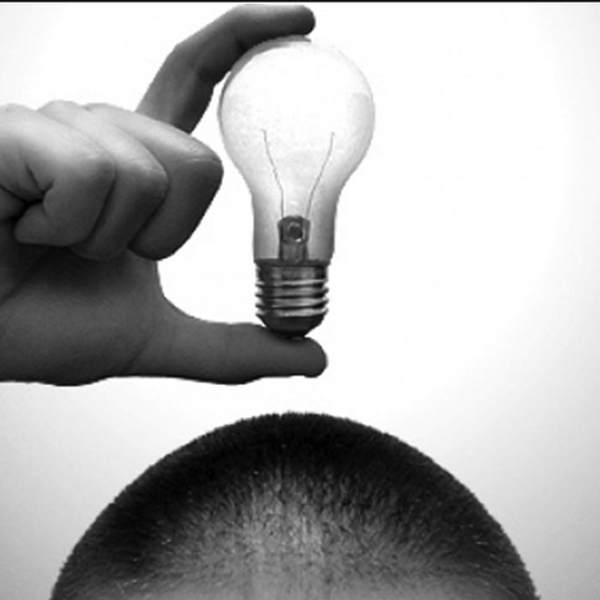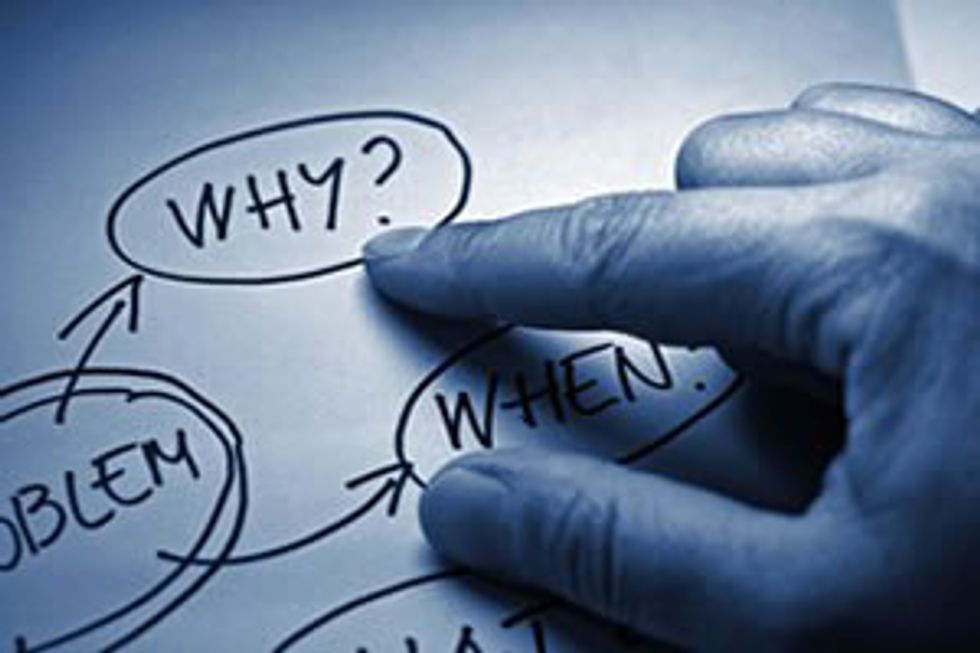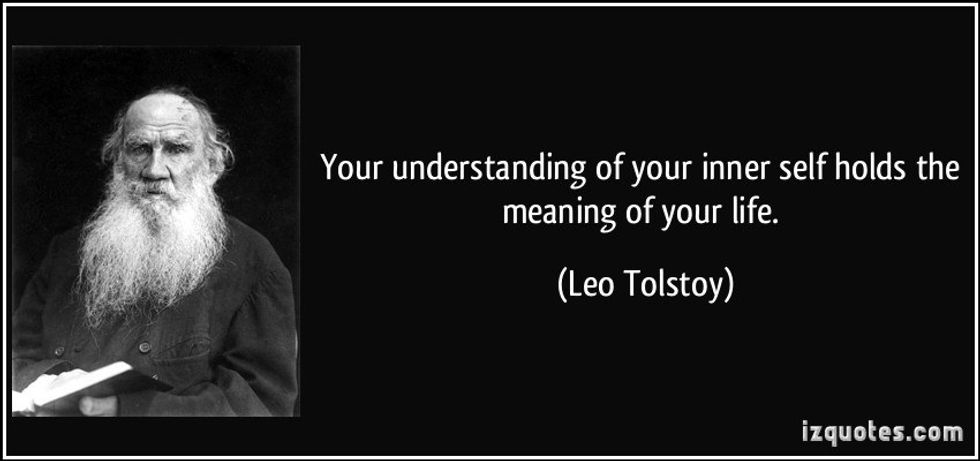There will be no end to the troubles of states, or of humanity itself, till philosophers become kings in this world, or till those we now call kings and rulers really and truly become philosophers, and political power and philosophy thus come into the same hands. -Plato
1. Logic
One thing you should note about this definition is that logic is concerned with the principles of correct reasoning. Studying the correct principles of reasoning is not the same as studying the psychology of reasoning. Logic is the former discipline, and it tells us how we ought to reason if we want to reason correctly. Whether people actually follow these rules of correct reasoning is an empirical matter, something that is not the concern of logic
Logic, a quality severely lacking in mainstream society, should be not only encouraged, but studied. Through educating one's self on the basis, execution, and explanations of logic, one will gain the useful skill of applying logic, which is needed in literally in every area of our lives. Whether it be cooking a pasta dish or defending someone during a trial, logic is absolutely necessary. Logic is also handy in regards to problem solving. If you are like every other human being in the world, you encounter problems, and if you're an adult, you yourself have to solve them. Having a clear way to execute logic and analyze information will aid in every area of your life and provide necessary problem solving skills.
2. Critical Thinking
noun; the objective analysis and evaluation of an issue in order to form a judgment
Critical thinking is necessary in reasoning, as one cannot reason with validity without viewing the plethora of potentials or perspectives. The internet has made accessibility to information fairly easily, however knowing the validity of such information is often overlooked unless applying critical thinking to confirm the accuracy, thus executing logic. Take this election for example, had critical thinking been applied towards the research of our two mainstream candidates, they would not have, in any capacity, been the winners of the primary elections.
Taking philosophy courses imparts skills that will be useful not only in any career but also in your personal life. The study of philosophy will enable you to think carefully, critically, and with clarity, take a logical approach to addressing challenging questions and examining hard issues, reason well and evaluate the reasoning of others, discuss sensibly, and write effectively.
3. Study culture, literature, and history
The study of Philosophy immerses you within the culture, literature, and history of the person or people who's philosophical stances are being studied. Not only does the understanding of past and current cultures fill your brain, but understanding the persons stances become more understandable. Our world is filled with different places and people, each laced with layers of different artifacts, cultures, and happenings, I'd argue the notion of studying past and present worlds is of fair importance, as our knowledge can always be extended and must, to understand other qualities of the world around us. (and we are not the only people here in this world).
4. You will begin to question the world around you
Our world, if you have never taken a philosophy course, is in no way the way you have interpreted it. The intricacy of even the soil beneath your toes would absolutely blow your mind, but that is an article for another day. You cannot see the world until in some way philosophy has been studied. Just have faith. (get it).
5. You will realize how limited your knowledge is
Sorry to break it to you, but none of us really know sh**


























